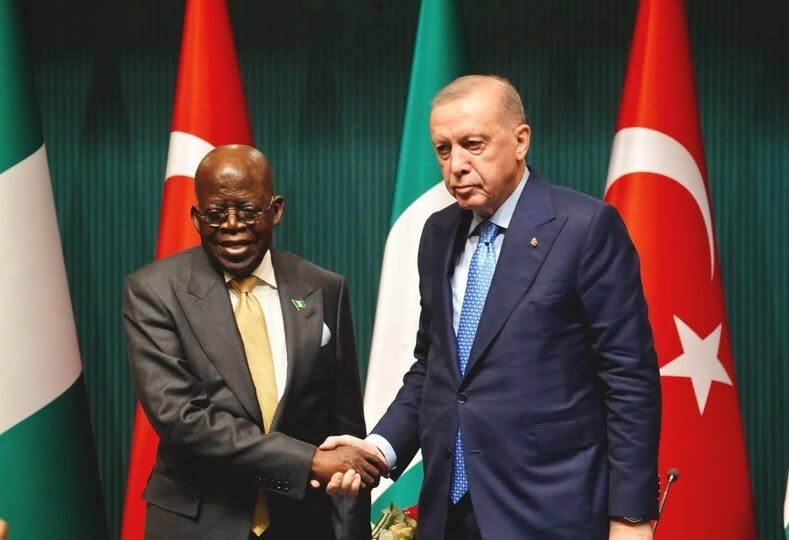
Saturday, 23rd August 2025.

by inAfrika Reporter.
Libya’s National Oil Corporation (NOC) just put a marker down: it will co-host a U.S. energy investment forum aimed at accelerating upstream and gas monetisation. For observers used to “when stability returns” caveats, this is a posture shift—from waiting on the perfect political settlement to de-risking specific assets with partners who can navigate complexity and still deliver first gas. The move comes as majors and service companies reassess North Africa’s role in a tighter, more volatile global supply map.
Why should the rest of Africa care? Because project finance follows credible operators and practical fixes. Libya’s barrels (and molecules) are swingy, but when NOC aligns governance, service contracts, and export logistics, it unlocks throughput that stabilises Med-facing flows and indirectly eases pressure on West African differentials.
In gas, even modest field tie-backs that feed domestic power can free liquids for export—improving NOC’s cash cycle and making it easier to invest through price dips. The forum’s U.S. tilt suggests appetite for technology-heavy interventions (enhanced recovery, flaring reduction, subsurface imaging) and contractual clarity that New York and Houston investors can price.
For African NOCs and ministries outside Libya, the template is portable: ring-fence assets that can move with limited civil-works exposure, bolt on brownfield enhancements, and pre-clear evacuation routes (pipe, berth, metering) with host authorities. The faster you convert geology into predictable cash—at modest capex—the more investable your basin looks. This is the quiet logic that kept North and West Africa on the map through global disruptions: not heroic megaprojects, but repeatable, maintenance-heavy programs that compound uptime.
For trade and logistics players, watch the second-order effects: if Libya’s output steadies, Med terminals and bunkering recalibrate, and East-West arbitrage narrows at the margin. That matters to African refiners buying spot cargos and to Red Sea–Suez risk models that currently over-price uncertainty. It also matters to regional EPC firms: a functioning Libya tender cycle supports workforces and supply chains that also serve Egypt, Algeria, Tunisia, and beyond.
The investable takeaway: partner where the operator is credible, the lift is brownfield, and evacuation is proven. NOC’s forum signals that Libya wants exactly those dollars. If the deals stick, the prize isn’t just Libyan barrels—it’s a steadier African footprint in the global energy mix, priced on performance rather than fear.


